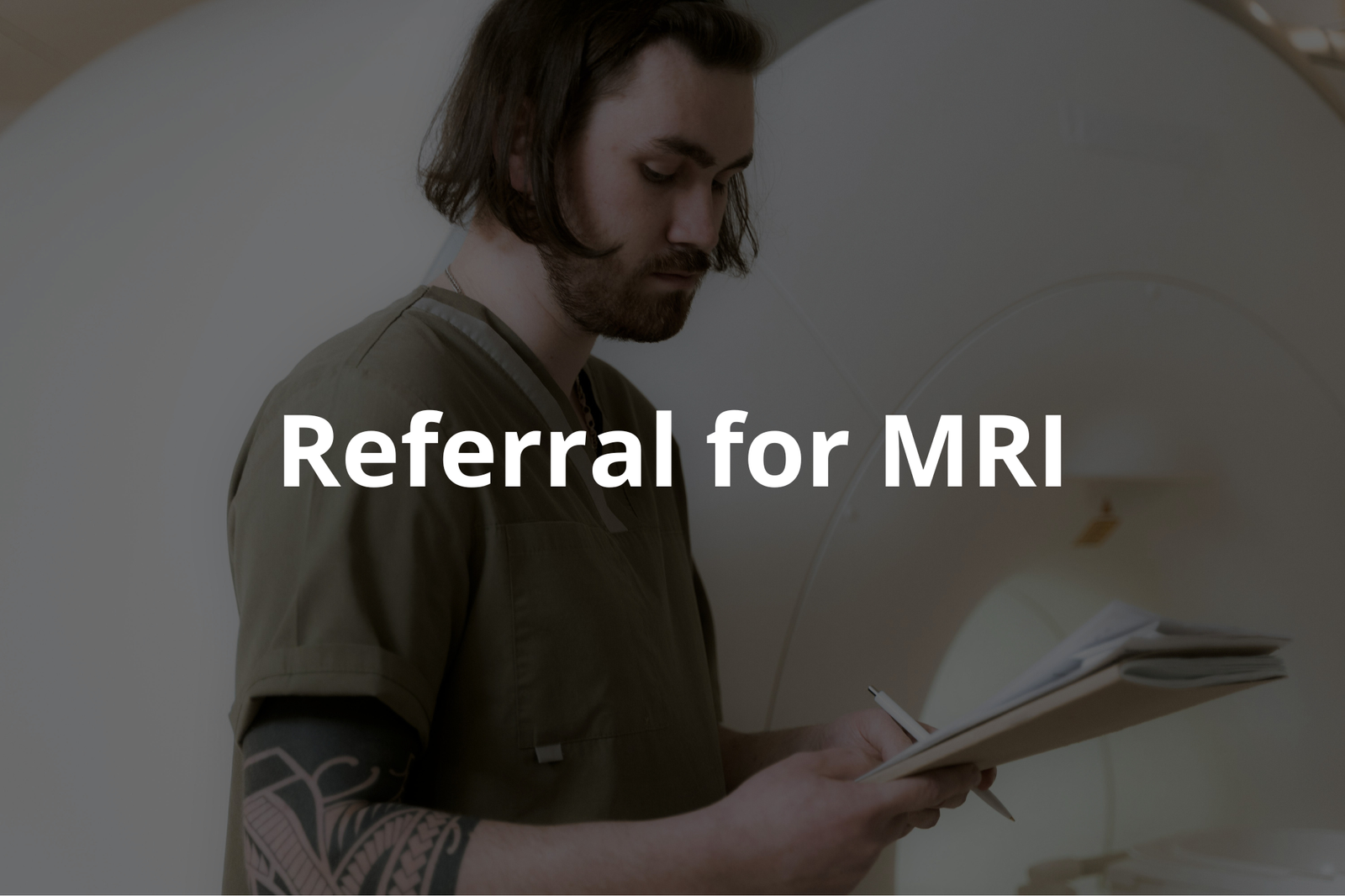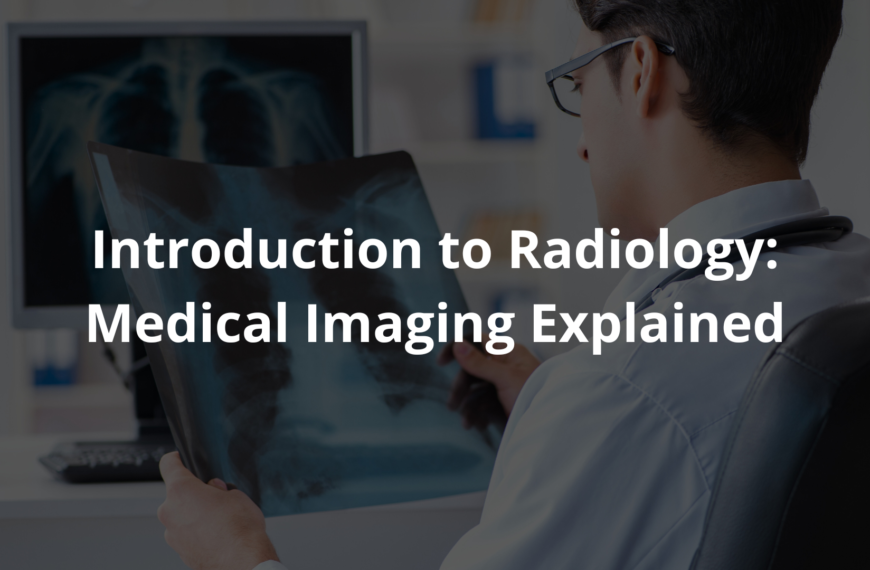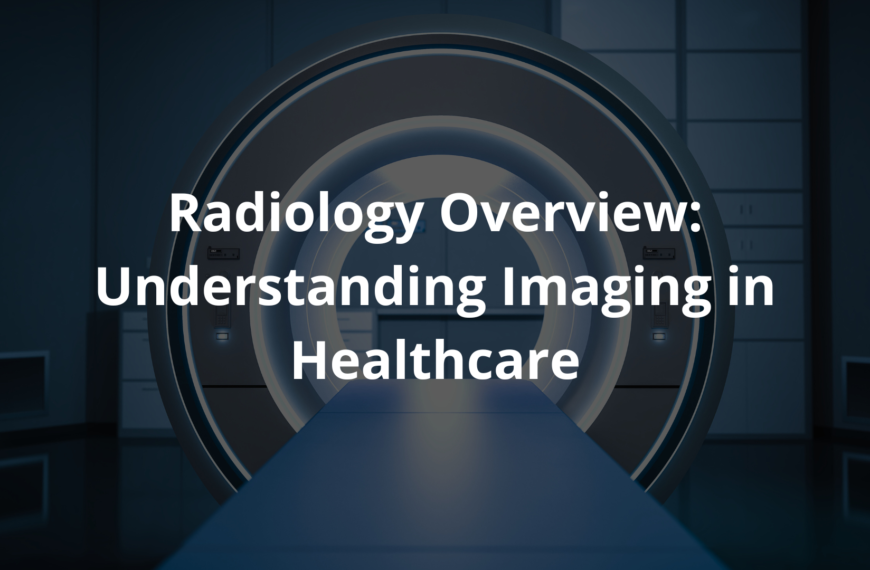Learn how to easily get a referral for an MRI in Australia, covering steps, who can help, and what to expect.
Getting a referral for an MRI (Magnetic Resonance Imaging) can feel like a big task, but it’s really important. It helps doctors see what’s going on inside your body. Whether it’s for your knees or your brain, an MRI can show detailed images of soft tissues and blood vessels. In this article, I’ll guide you through the steps to get that referral, and how it all works. Keep reading to learn more!
Key Takeaway
- You need a referral from a healthcare professional to get an MRI.
- Consultations can be in-person or online through telehealth services.
- Always bring your referral to the MRI appointment.
What is a Referral for MRI?
In the busy world of healthcare, a referral for an MRI stands out as an important document. It’s like a little piece of paper that carries a lot of weight. This referral comes from a doctor, usually a GP (General Practitioner), and it tells the imaging centre what’s going on. It explains why the MRI is needed and what specific problems the doctors need to investigate(1).
Imagine someone feeling pain in their knee. The doctor may suspect a meniscal tear or something else wrong with the soft tissues. They write a referral, so the radiologists know to look at that knee closely during the MRI. It’s essential for making sure that the scans focus on the right areas. Without this referral, patients might not get the MRI they need, or they might have to pay a lot of money out of their own pockets.
I think it’s also important to mention that many people don’t realise how crucial this note is until they find themselves in a situation needing medical imaging. For example, a friend of mine had severe headaches and went to the doctor. The doctor wrote a referral for an MRI to check for any issues with the brain. This way, the radiologists could focus on finding any problems that might have been causing the headaches.
The referral is a key part of the process. It ensures that the MRI is done efficiently and effectively. It gives medical practitioners a chance to provide better care and can save patients from unnecessary costs. In many ways, it serves as a bridge between the patient and the healthcare services they need.
Why Do You Need a Referral?
Getting a referral for an MRI is more than just ticking a box; it’s a vital step in the healthcare journey. It ensures that patients receive the best care possible while also keeping costs manageable. Imagine someone suffering from back pain. They visit their doctor, who writes a referral for an MRI to examine potential issues. This simple note can change everything.
Here are some key reasons why a referral is needed:
- Medicare Coverage: With a referral, Medicare can help cover the costs of the MRI. Without it, patients might pay hundreds, even thousands of dollars, which can be a huge burden.
- Better Care: The referral includes important information about the patient’s medical condition. This helps radiologists focus on the areas that matter most, like soft tissues or blood vessels.
- Safety First: Referrals ensure MRIs are performed only when necessary, protecting patients from unnecessary procedures.
Getting that referral is essential. It opens the door to necessary medical imaging and safeguards patient finances(2).
Who Can Provide a Referral?
In the past, only General Practitioners (GPs) could hand out MRI referrals. But the landscape is changing. Now, other health professionals like nurse practitioners and physiotherapists can also provide referrals in certain situations. This shift offers more flexibility for patients who might need an MRI quickly.
Imagine a sports injury. A young athlete twists their ankle during a game. Instead of waiting for a GP appointment, they might visit a physiotherapist who can assess the injury. If it seems serious, that physiotherapist can write a referral for an MRI. This can save time and provide the injured player with the care they need faster.
Here are some key points to remember:
- Broader Options: Nurse practitioners and physiotherapists can provide referrals now, making it easier to access MRIs.
- Faster Access: This change helps patients get the necessary imaging quicker, especially in urgent situations.
- Consultation Flexibility: Patients can choose the type of health professional they feel comfortable with.
Having more options for referrals means better, quicker healthcare for everyone.
How to Obtain a Referral for an MRI
Getting a referral for an MRI can be straightforward, and it can be done in a couple of ways. You can visit your doctor in person or you can take advantage of online services. Both methods are effective, and each has its benefits.
In-Person Consultation
- Schedule an Appointment: Call your GP to book a time. Don’t let the wait drag on.
- Discuss Your Symptoms: When in the doctor’s office, it’s really important to explain exactly how you feel. This helps your doctor understand your health concerns better.
- Receive Your Referral: If your doctor thinks an MRI is necessary, they’ll print out a referral for you. That’s it! Simple as a breeze.
Online Consultation

If getting to a doctor’s office isn’t an option, telehealth services can help. Here’s how:
- Choose a Telehealth Service: There are many websites and apps that offer online doctor visits. You just need to pick one.
- Provide Health Information: Fill out a form with your symptoms and medical history. This info is crucial.
- Consult with a Doctor: You’ll have a video call or chat with a doctor who will ask about your health.
- Receive Your Referral: If the doctor agrees you need an MRI, they’ll send the referral to you electronically.
Easy-peasy! Whether through in-person or online, getting that referral is the first step toward understanding what might be going on with your health. It opens the door to getting the imaging you need.
Preparing for Your MRI
Once you have your referral, it’s time to get ready for the MRI. Preparation can make a big difference in how smoothly the experience goes it’s not as daunting as it seems!
First and foremost, bringing your referral is essential; this piece of paper is like a ticket to the MRI. Without it, things might get complicated at the imaging centre.
Next, dressing appropriately matters wearing comfy clothes without any metal is crucial because metal can interfere with the MRI machine.
Here’s a quick checklist for preparation:
- Bring Your Referral: Don’t leave it behind! Show it at the imaging centre.
- Dress Comfortably: Choose clothing without metal bits.
- Arrive Early: Aim to be there at least 15 minutes ahead of your appointment; this allows time for forms and settling in.
By following these simple steps, patients can feel more relaxed and ready for their MRI.
What to Expect During the MRI
Once you’re prepared, here’s what happens during your MRI:
Upon arriving at your appointment:
- Check in and present your referral.
- A friendly technician will guide you into the MRI room where you’ll lie down on a special table.
- You’ll slide into a large machine that might look intimidating at first but there’s no need to worry! This machine uses powerful magnets to take detailed images of your body.
Here’s what else to expect during your MRI:
- Stay Still: It’s important to hold still during the scan.
- Enjoy Music: Patients can listen to music or chat with technicians during their scan.
- Duration: The scan usually takes about 30 minutes to an hour.
Afterward, you can go home while your doctor reviews the images later knowing what to expect helps ease any worries about this process!
Conclusion
In wrap up, getting a referral for an MRI in Australia is pretty straightforward process; whether you see your doctor in person or use an online service having right referral is key getting medical imaging you need! Always remember take your referral with you appointment; don’t forget follow up with your doctor about results! It’s all about getting care that’s right for you!
FAQ
How do I get an MRI scan and what type of referral do I need?
You’ll need imaging referrals from medical practitioners to get an MRI scan; Your primary care provider can provide radiology referrals for most cases but some specific scans require specialist referrals; The referral online system makes it easier schedule radiology appointments.
What medical conditions can an MRI diagnose?
MRI scans help diagnose wide range conditions from acute knee trauma cervical spine trauma dental jaw-related conditions; This medical imaging technique particularly useful examining soft tissues internal organs blood vessels detecting various types cancer.
How does MRI technology work?
Magnetic resonance imaging uses magnetic fields electromagnetic radiation create detailed images internal structures; Unlike CAT scans MRIs don’t use harmful radiation making safer medical imaging services; Strong magnets create cross-sectional images body structures.
What should I expect during my radiology appointment?
Your radiology clinic will need medical history any pre-existing diagnostic imaging practices; The diagnostic imaging examination takes adequate time complete; Your health professional will ensure you’re comfortable during scan while following standardised image acquisition protocols.
Does insurance cover MRI scans and what about bulk billing?
Private health insurance often covers diagnostic imaging services; Healthcare card holders may be eligible bulk billing certain imaging centre locations; For private hospital inpatients coverage varies based preferred provider policy details; There might be waiting period some services.
What preparation is needed for an MRI scan?
Your diagnostic imaging provider will give specific instructions; A clinical assessment may be required beforehand; You’ll need remove metal objects as they interfere magnetic fields; For specialised scans like cardiac imaging additional preparation may be necessary.
Can I get telehealth consultation for MRI referrals?
Yes many medical practitioners offer online consultations through telehealth platforms; These instant online consult options result imaging requests though some conditions may require in-person specialist consultation proper clinical findings assessment.
How do I interpret my imaging report?
Your consultant physician will review diagnostic imaging report discuss treatment plan; For specific conditions like cervical radiculopathy meniscal tear you may need specialist care complete clinical assessment findings.
What are safety considerations for an MRI?
While MRIs don’t involve risk radiation exposure like diagnostic radiation certain factors pregnancy scans require special consideration; Patients with medical devices implants should inform healthcare providers before scan.
How long does it take get MRI results?
The imaging report typically takes 1-3 months process though varies by medical service provider; Your health professional will schedule follow-up consultation discuss diagnostic imaging tests results determine if you need specialised care.
References
- https://www.instantconsult.com.au/online-referrals/mri/
- https://www.nps.org.au/news/essentials-in-an-imaging-referral




